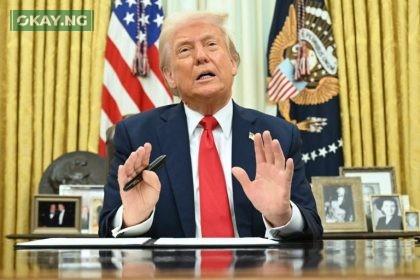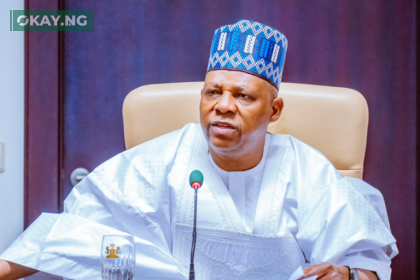An Ebola outbreak has been declared in the Democratic Republic of Congo by the World Health Organisation (WHO).
The virus has already claimed three lives with six people confirmed infected by the WHO.
According to reports, people began to fall ill on or after 22 April in Bas-Uele province in the country’s far north.
The WHO said it was contacted on May 11 by the Congolese health ministry after it recorded a “lab-confirmed case” of Ebola.
On 11 May 2017, the Min of Health of the Democratic Republic of the Congo notified WHO & partners of a lab-confirmed case of #Ebola#DRC
— World Health Organization (WHO) (@WHO) May 12, 2017
Investigations are still ongoing to find the cause of the latest outbreak in a country that has seen over nine outbreaks since the first one in 1976.
During the last outbreak, more than 40 people were killed before the health authorities could stamp it out.
According to the health minister, Oly Ilunga Kalenga, the outbreak is a “national health emergency with international significance” which is made less hard due to the remoteness of the affected zone.
“It is in a very remote zone, very forested, so we are a little lucky. But we always take this very seriously,” WHO Congo spokesman Eric Kabambi told Reuters news agency.
Kabambi also said first respondents are already in place with protective equipment already rolled out to the remote area to contain the virus. They will be joined in a few days by experts and specialissts from Médecins Sans Frontières, the US Centre for Disease Control, Unicef and WHO.
The worst outbreak of the diesase was in 2014 when it affected countries in the West Africa region and killed 11,000 people.
There is , however, a slight advantage for the respondents this time around as there is now an experimental vaccine which the WHO developed for just this eventuality: an outbreak.
Dr Seth Berkley of Gavi, the vaccine alliance, which paired with Merck to develop the vaccine, said “there are 300,000 doses of Ebola vaccine available if needed to stop this outbreak becoming a pandemic.
“The vaccine has shown high efficacy in clinical trials and could play a vital role in protecting the most vulnerable.”









